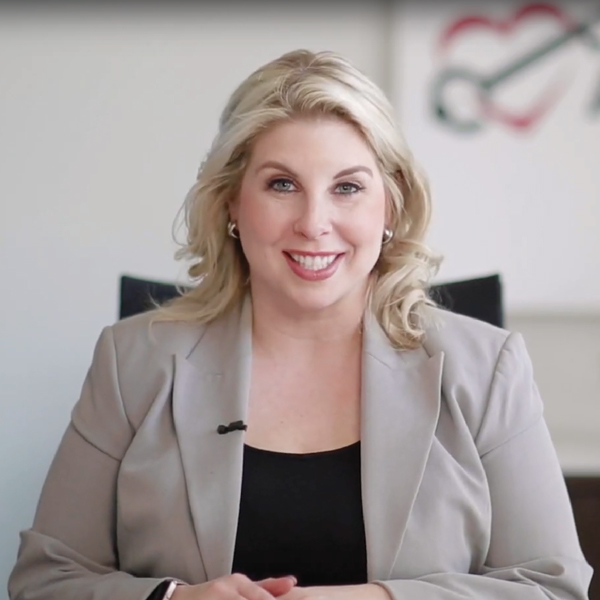
Every day companies and organizations generate copious amounts of data. “Big data” isn’t so much about the amount of data generated, but rather, what a company or organization does with the data. In analyzing data, businesses can use those insights to save money, to target marketing and advertising dollars, or, in the case of home health care, to better understand patient care and patient health outcomes.
Influenced by his grandmother, who was a nurse in Russia during World War II, Max Topaz PhD, RN, MA began his career as an army medic in Israel. He attended the University of Haifa in Israel, receiving his BA in Nursing and his MA in Gerontology; he received his PhD in Nursing from the University of Pennsylvania and attended Harvard University for his postdoctoral fellowship. Currently, he is the Elizabeth Standish Gill Associate Professor of Nursing at Columbia University Medical Center, where he is a Nurse Informatician.
Understanding Medical Data
Nursing informatics is a specialized field of research that utilizes medical data to support the practice of nursing and improve patient outcomes. The research Dr. Topaz is conducting is specifically focused on home healthcare, with the goal of using data to help clinicians make better decisions about patient care, and to help home care patients achieve better health outcomes. He works closely with The Visiting Nurse Service of New York, the largest not-for-profit home- and community-based health care organization in the United States.
Urinary tract infections (UTIs) are common in older adults. In an effort to identify the signs and symptoms that lead to patient deterioration, Dr. Topaz created an algorithm to mine the free-text clinical notes for approximately 90,000 patients. His goal – to identify clues that point to a UTI based upon the symptoms detailed in the patient’s clinical notes. By identifying clues and establishing a pattern of symptoms that point to a UTI, home health nurses and caregivers can be trained to look for these early signs, intervene appropriately, and ultimately reduce hospitalizations.
Another similar application Dr. Topaz sees as possible with data and technology is developing a clinical decision support tool to help patients going into home care. This tool could be used to help clinicians prioritize patients based on their need, so that home health would know who required immediate timely care upon returning home versus individuals who have less urgent needs. Again, the goal with this use of data and technology would be reducing hospital readmissions and helping people recover at home.
Overcoming Obstacles
Dr. Topaz acknowledges that silos within the home health and health care industries can be barriers to adopting new technologies; however, he points to the widespread use of electronic healthcare records as an example where significant change can occur in a relatively short period of time. In 2010, fewer than 50% of hospitals were using electronic records, and today, it’s near 90%.
Dr. Topaz sees real opportunities for similar advancements in home health. He aims to conduct a larger trial that mines data and extracts information from the free text of clinical notes to answer important nursing questions and identify important patient characteristics. Looking to the future, Dr. Topaz believes that utilizing data to provide further insights into patient care can have monumental impacts on the home health and health care fields.
Listen to the full interview with Dr. Topaz by visiting the Help Choose Home podcast series to learn more about the exciting applications of big data in the home care field. This episode and others in the series can be found on iTunes or Google.
The Help Choose Home podcast series provides information and resources for families about adult care options. Podcasts are hosted by Merrily Orsini, executive vice president of Axxess and president and CEO of corecubed, an award-winning homecare marketing agency.
Help Choose Home is a collaborative effort by the National Association for Home Care and Hospice (NAHC), Axxess, and corecubed to educate the public about the many benefits of the in-home care industry, which includes non-medical home care, private duty nursing care, medical home health, hospice, and other in-home health and wellness services.

